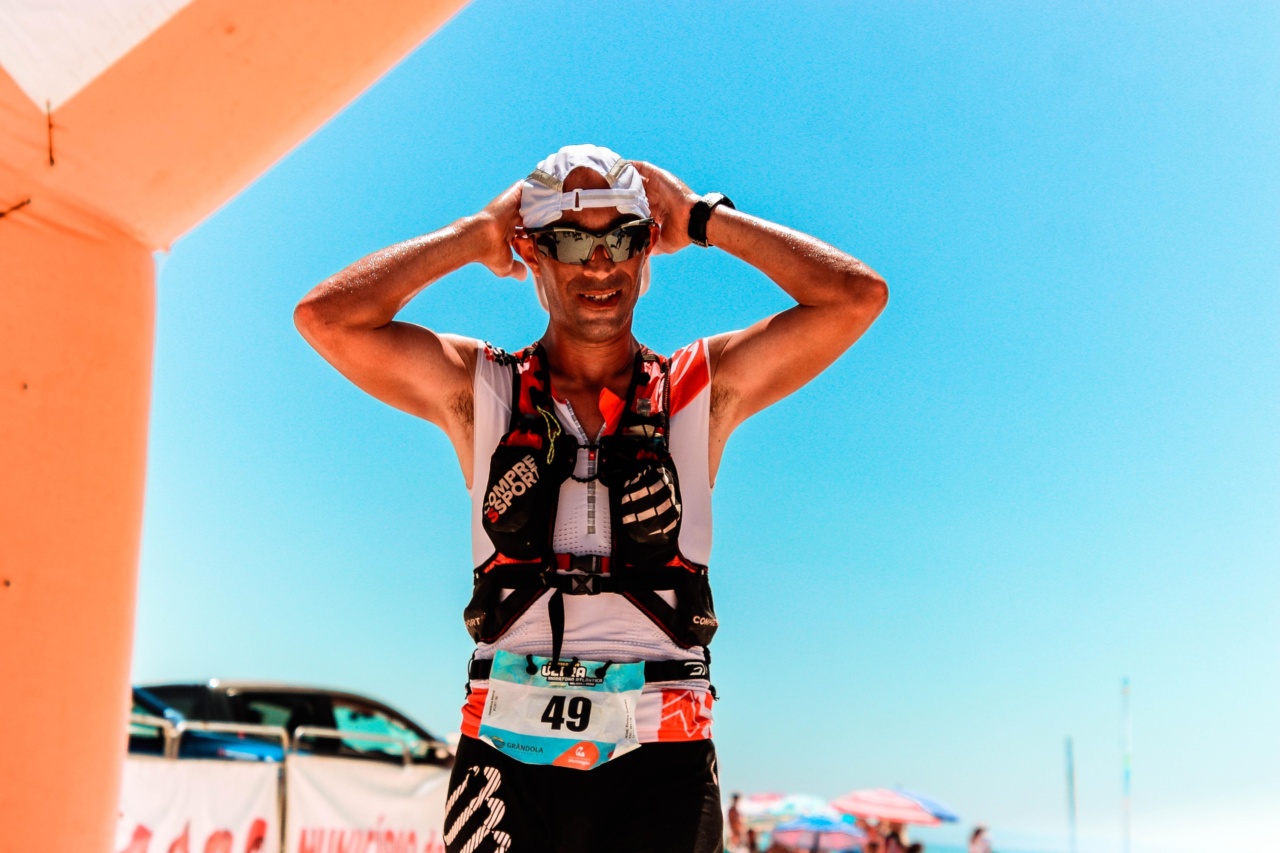Running a marathon is no small feat; it requires a lot of physical and mental preparation. One of the most important aspects of marathon preparation is fueling your body. Proper nutrition and hydration are crucial for optimal performance on race day.
The Basics of Marathon Fueling
The key to fueling your body for a marathon is to maintain balanced blood sugar levels. Consuming carbohydrates, protein, and fats in the right proportions will keep your energy levels steady throughout the 26.2 miles.
The American College of Sports Medicine recommends consuming 30-60 grams of carbohydrates per hour of exercise for events lasting longer than 60 minutes. For a marathon, this translates to consuming carbohydrates every 20-30 minutes during the race.
Pre-Race Fueling
Proper fueling doesn’t just start on race day. It’s important to pay attention to your diet leading up to the marathon. The day before the race, aim to consume high-carbohydrate, low-fat meals. Some good options include pasta, rice, and bread.
Avoid high-fiber foods, which can cause digestive issues during the race.
On the morning of the race, eat a light breakfast that is high in carbohydrates and low in fat and protein. This will provide your body with the energy it needs to get through the first few miles.
Some good options include a bagel with peanut butter or a bowl of oatmeal with fruit.
During the Race Fueling
During the race, you’ll need to consume carbohydrates to maintain your energy levels. Most marathons provide aid stations with water and sports drinks, which can be used to replenish electrolytes and carbohydrates.
Sports gels, chews, and bars can also be helpful for supplying additional carbohydrates. Just make sure to try these out in training first, as some athletes are more sensitive to them than others.
It’s also important to drink enough fluids during the race to avoid dehydration. A general rule of thumb is to drink four to six ounces of fluid every 20 minutes during exercise.
Post-Race Fueling
After crossing the finish line, your body will be craving a combination of carbohydrates and protein. This will help to repair muscles and replenish glycogen stores. Aim to consume a meal within 30 minutes of finishing the race.
Some good options include a sandwich with turkey and avocado, a smoothie with protein powder and fruit, or a salad with grilled chicken and quinoa.
Practical Tips for Marathon Fueling
Aside from the basics, there are a few tips and tricks that can help you fuel your body more effectively during a marathon:.
1. Practice your fueling strategy in training.
Don’t wait until race day to figure out what works best for you. Experiment with different foods and drinks during your long training runs to find the perfect fueling plan for the marathon.
2. Avoid trying new foods on race day.
The last thing you want on race day is an upset stomach. Stick to familiar foods and drinks that you have tested in training.
3. Don’t forget about electrolytes.
Electrolytes play a crucial role in hydration and energy production. Make sure to consume electrolyte-rich foods and drinks during the marathon, especially if it’s hot and humid outside.
4. Listen to your body.
If something doesn’t feel right during the race, don’t be afraid to adjust your fueling plan. Pay attention to your body’s signals and make changes as needed.
Conclusion
Proper nutrition and hydration are key to a successful marathon. By following these fueling tips and tricks, you’ll be well on your way to crossing the finish line with energy to spare.































